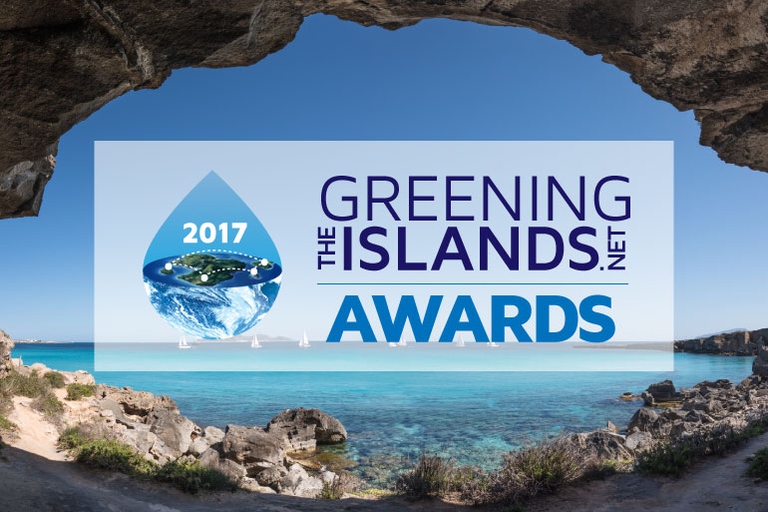
A report by Ember explains that in 2025 electricity generation from renewables (solar, wind and hydropower) surpassed that from fossil fuel sources.
After Pantelleria, Italy in 2014, the Republic of Malta in 2015, and Gran Canaria, Spain in 2016, this year the Italian island of Favignana, off the coast of Sicily, will host the fourth edition of the Greening the Islands International Conference on the 3rd and 4th of November. The event marks an important opportunity to tackle the topic of
After Pantelleria, Italy in 2014, the Republic of Malta in 2015, and Gran Canaria, Spain in 2016, this year the Italian island of Favignana, off the coast of Sicily, will host the fourth edition of the Greening the Islands International Conference on the 3rd and 4th of November.
The event marks an important opportunity to tackle the topic of the circular economy, starting from islands. Guests will talk about clean energy, waste management, water, sustainable mobility, responsible tourism and agriculture. Another focus will be technological innovation, with particular attention to the projects that have already been or will be launched on the islands that promote a synergic connection between all sectors involved in the green economy.
For the second time since its establishment, the international conference will be accompanied by a national conference, in collaboration with ANCIM (Associazione Nazionale Comuni Isole Minori – the national association of minor island municipalities), which will be held on the 3rd of November. It will focus on two main themes: the decree recently approved in Italy with the aim of offering incentives for the development of renewables on islands, in order to reduce the use of diesel fuel; and the results of an ANCIM study aimed at introducing specific, simplified authorisation procedures for sustainable projects on smaller islands.
During the international conference, the Greening the Islands Awards will be announced. Now at its third edition, the contest is open to all islands that have developed or are developing environmental projects aimed at supporting the use of renewable energies, reducing energy consumption, making mobility more sustainable and promoting a sustainable use of water. The winners of the third edition will be chosen by a jury and the members of the GreeningTheIslands.net community.
An app dedicated to islands has been created, GreeningtheIslands.Net – connecting island innovations. This platform aims to communicate and promote the reproduction of sustainable projects across the world’s small islands, even the most remote ones, as well as enhance cooperation between islands to share expertise.
The event will be held on the 3rd and 4th of November on the island of Favignana, Italy, at Tonnara Florio, a former tuna fishing factory now turned into a museum.
LifeGate is media partner to the event, and all that is required to take part is to make a reservation via this link. You can also follow the event via streaming on the official website.
Siamo anche su WhatsApp. Segui il canale ufficiale LifeGate per restare aggiornata, aggiornato sulle ultime notizie e sulle nostre attività.
![]()
Quest'opera è distribuita con Licenza Creative Commons Attribuzione - Non commerciale - Non opere derivate 4.0 Internazionale.
A report by Ember explains that in 2025 electricity generation from renewables (solar, wind and hydropower) surpassed that from fossil fuel sources.
The Tyler Prize, considered the “Nobel Prize for the Environment,” has been awarded to Toby Kiers, an American biologist working in Amsterdam.
Belgium is one of the countries most exposed to climate change. Dune–dikes are a solution to curb sea-level rise.
Between October 2024 and September 2025, the average temperature in the Arctic was 1.6 degrees Celsius higher than during the 1991–2020 period.
Undeclared conflicts of interest, paid authors, lack of transparency: one of the most cited studies on glyphosate, published in 2000, has been retracted.
The Copernicus service has released data for the first eleven months of 2025: global warming is set to come close to last year’s record.
The European Council and Parliament have reached an agreement on the European Commission’s proposal to deregulate new GMOs. But farming, organic agriculture, and environmental organizations are calling for it to be stopped.
The world’s second-largest producer has taken a historic decision. However, farms will have until 2034 to shut down.
A Greenpeace report denounces Russia’s political and economic model: a nexus of extractivism, authoritarianism and war that is destroying the environment, with serious repercussions for the global ecosystem.








